The Nobel Prize in Chemistry: Molecular Scissors for Cleaving DNA
“This year, Emmanuelle Charpentier and Jennifer A. Doudna have won the Nobel Prize in Chemistry. Owing to the genome edition method they developed, creating crops that withstand mold, pests and drought has become possible.” explains dr hab. Sylwia Studzińska, prof. UMK from the Faculty of Chemistry.
The genome edition method allows introducing changes in DNA of different organisms with high precision. Simply speaking, the modifications are based on cleaving DNA, removing its fragment, or incorporating another. The molecular scissors method (CRISPR) developed by the Nobel Prize winners enables the activation and deactivation of a predetermined DNA fragment in living cells.

Fot. Niklas Elmehed/Nobel Media
The method has been successfully applied in many laboratories all over the world. It has been developed to create plants of higher resistance to mold, pests, and drought, which may contribute to reducing the use of pesticides. In agriculture, the molecular scissors method has been implemented in e.g. soy and rape crops. Such crops are characterized by an increased fatty acids content due to which the obtained oils are much healthier. Researchers employ the method in their attempts to eliminate HIV from the human DNA. There exists a much broader range of potential CRISPR applications. Some of them are ethically controversial, for example the use of the molecular scissors to modify human genome which will be transferred to next generations.
“From my viewpoint, this Nobel Prize in Chemistry is particularly exciting for two reasons” says prof. Sylwia Studzińska from the Department of Environmental Chemistry and Bioanalysis, NCU.
“From my viewpoint, this Nobel Prize in Chemistry is particularly exciting for two reasons” says prof. Sylwia Studzińska from the Department of Environmental Chemistry and Bioanalysis, NCU. “Firstly, I am familiar with the topic. In ten, fifteen, or several dozen of years, applying the method can result in developing genetic diseases treatment. Such diseases are less common than cardiovascular ones, and the available funds for their treatment are significantly limited. Secondly, for the first time in the history of the Nobel Prize in Chemistry, two women have been honored in one year. Moreover, only five women have been given the Prize in this category so far. I hope each young woman dealing with chemistry will be inspired by this year’s winners when she has her scientific ups and downs.”

Researchers have been trying to apply CRISPR in genetic diseases treatment (e.g. muscular dystrophy, mucoviscidosis) or cancer therapies. Undeniably, the whole research process will be long, but the perspectives are promising. As a result, new drugs, especially those applied in gene therapy, will possibly be developed.
“CRISPR may also be helpful in saving endangered species.” prof. Studzińska. “The list of possibilities is extensive, and the method developed by Charpentier and Doudna will bring a great scientific benefit.”
 NCU News
NCU News





